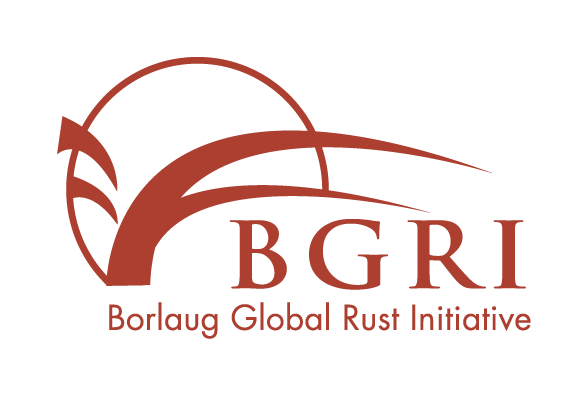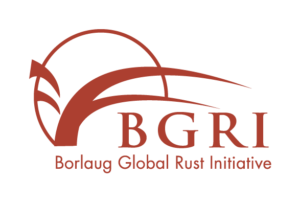Plant pathogens is the causal agents of destructive yield losses in agriculture. Elucidating mechanistic details; how pathogens and their effectors tackle plant immunity and how plant response to pathogen effectors is an important topic in the study of molecular plant pathology. In these studies, gene of effector cloning into binary vectors for plant transformation to validate its function is a routine procedure. Traditionally, gene cloning has relied on restriction enzyme digestion and ligation which requires engineering and design for each individual gene. In recent years, seamless PCR, ligation independent, Gibson, and Gateway and GoldenGate cloning methods have been developed to circumvent the cumbersome restriction enzyme based cloning methods. Recently, GoldenGate cloning strategy is utilized with unique modules which are appropriate for plant transformation, called GreenGate. It is designed to rapidly assemble essential constructs containing six types of insert modules (plant promoter, N-terminal tag, coding sequence, C-terminal tag, plant terminator and plant resistance cassette). The characteristic of GreenGate cloning technology is sufficient to simultaneously construct a variety of effector expression vectors fused with different tags. On the basis of the abundant six modules provided by GreenGate toolkit, it is also possible to use empty modules to carry out modifications for specific research. The availability of GreenGate technology will facilitate the high-throughput study of pathogen effectors and their action in host cells to provide more valuable insights into the basis of plant immunity. Here, the aim of our presentation is to introduce the GreenGate tool-kit with the anticipation that it can be useful for a larger plant pathology research community.





